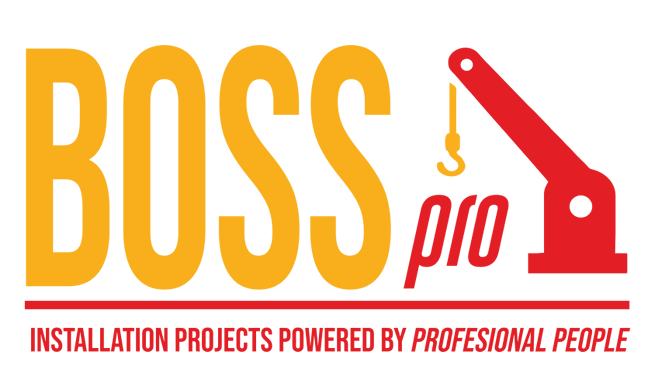Operational Flexibility — The Cornerstone of Agile Business Growth
In today’s dynamic and fast-paced business environment, one factor consistently stands out as a competitive advantage: flexibility. Whether responding to shifting market demands, seasonal spikes, or sudden changes in strategic direction, the ability to scale operations swiftly can determine whether a company thrives or falls behind. This is precisely where staffing services — also known as Talent-as-a-Service — offer powerful leverage.
What Is Operational Flexibility?
Operational flexibility refers to an organization’s ability to adapt its workforce structure in response to internal and external changes. For example, a company may need to ramp up resources for a new project, fill in gaps caused by unexpected turnover, or support a sudden increase in client demand. With traditional hiring processes, these changes are often difficult and time-consuming to address. Staffing services eliminate this bottleneck by providing qualified professionals exactly when and where they are needed.
Responding to Changing Demands
Industries such as technology, manufacturing, and logistics frequently face fluctuations in demand. A retail company, for example, might require additional IT support during the holiday season, or a software firm may need extra developers for a product launch. In these scenarios, having access to a pool of pre-vetted, ready-to-work professionals through a staffing agency enables businesses to respond effectively and maintain performance standards without overburdening existing teams.
This kind of agility is not only beneficial — it’s essential. Companies that can’t adapt quickly risk missing opportunities or disappointing clients. Staffing empowers organizations to pivot when necessary, without the financial or administrative burden of long-term contracts.
Avoiding Long-Term Commitments and Overhead
One of the most significant operational risks companies face is overstaffing during periods of low activity. Hiring permanent employees for short-term needs can result in unnecessary costs, including salaries, benefits, and onboarding. In contrast, staffing allows companies to bring in talent on a project-by-project basis, avoiding overhead while still achieving business goals.
This model is particularly valuable for startups and growing companies that need to be resource-conscious. Rather than committing to full-time hires before they’re financially ready, these businesses can scale staff incrementally and strategically, thanks to flexible staffing solutions.
Boosting Morale and Preventing Burnout
Operational flexibility doesn’t only benefit the company — it also helps protect the well-being of internal teams. When a business tries to “stretch” its existing staff during high-demand periods, employee morale and productivity can suffer. Temporary support from external professionals can relieve this pressure, ensuring deadlines are met without overwhelming internal personnel.
Moreover, employees may feel more supported when they see that the company is willing to bring in help rather than expecting them to handle unrealistic workloads. This can lead to higher retention rates and a healthier workplace culture.
The Strategic Advantage
Companies that integrate operational flexibility into their workforce strategy are better positioned to grow, innovate, and navigate uncertainty. They can say “yes” to new projects, expand into new markets, or experiment with new services — all without being limited by current staffing levels. This freedom to act quickly and strategically is a hallmark of modern, forward-thinking organizations.
Operational flexibility is not just a logistical advantage — it’s a strategic imperative. By leveraging staffing services, companies gain the ability to adapt swiftly, manage resources wisely, and create a more resilient business model. In a world where change is the only constant, flexibility isn’t optional — it’s essential.

